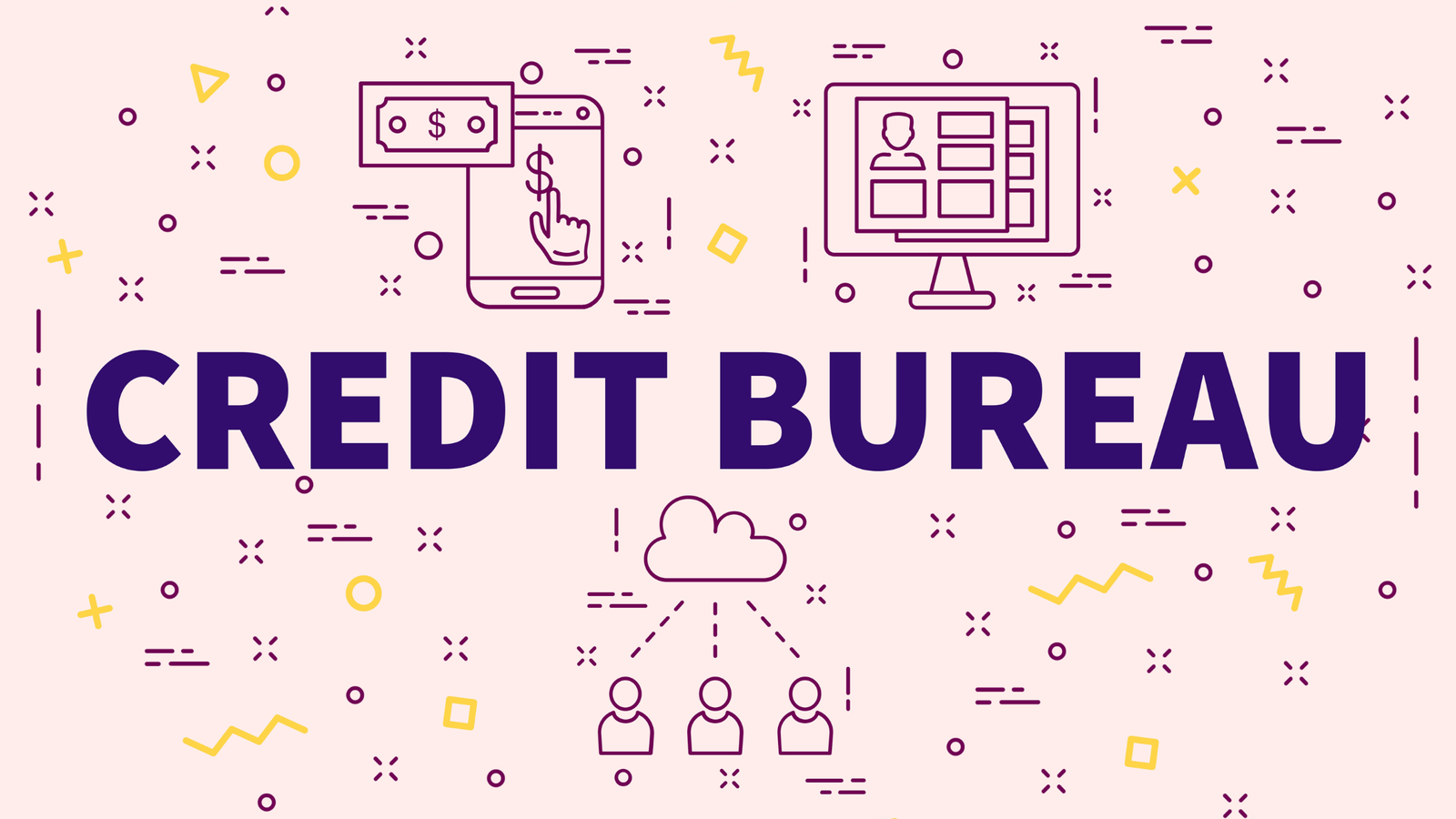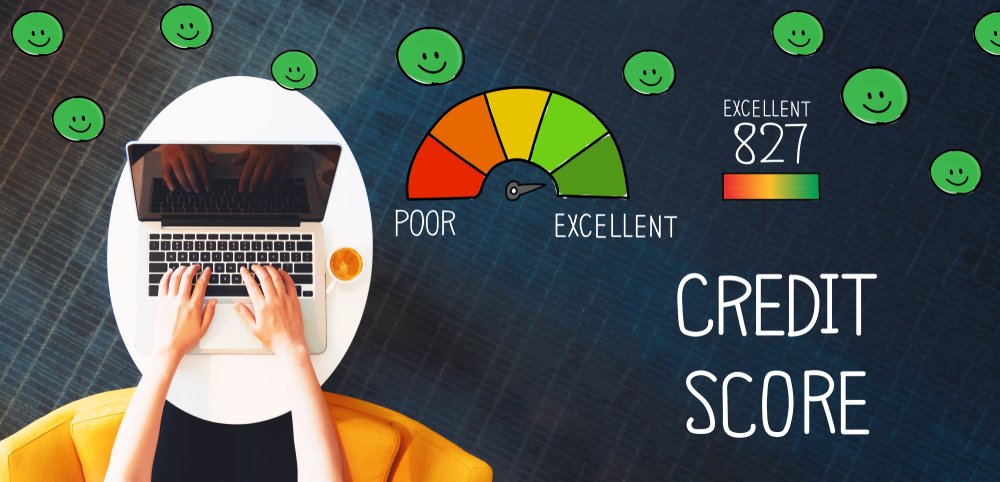You might have heard the terms credit report and credit score being tossed around, but what exactly do they mean, and what makes them different?
Your Credit Report and Credit Score Are Two Different Things
First of all, your credit report and credit score are technically not the same thing. We’re going to cover what credit reports and credit scores are first, and then we’ll dive into why they’re important.
What is a Credit Report?
A credit report is a statement that holds information about your credit activity and current credit situation. This includes your loan paying history, what credit card accounts you have open, the status of those credit accounts, your credit limits, and more.
If you’ve never seen your credit report or haven’t seen it in the past year, you’re eligible for a free credit report once a year from each of the three major consumer reporting companies: Equifax, Experian, and TransUnion.
You can also request a copy from AnnualCreditReport.com or download and complete the Annual Credit Report Request Form and mail the completed form to the following address:
Annual Credit Report Request Service
P.O. Box 105281
Atlanta, GA 30348-5281
How Many Credit Reports Do You Have?
You technically have multiple credit reports because each of the three credit reporting companies will report your credit history in different ways. There’s a chance one of your reports doesn’t have your full credit history reflected on it, which could be making your score look higher than it is. That’s why it’s so important to check multiple reporting companies to see your full credit report.
What is a Credit Score?
A credit score is a number that predicts how likely you are to pay a loan back on time. Credit scores are easily confused with credit reports because a scoring model uses information from your credit report to create a credit score.
What Impacts Credit Scores?
The exact criteria used by each scoring model varies. Regardless, these are the most common factors that impact your credit score:
- Payment history. Payment history accounts for 35% of your credit score. Even just one missed payment can negatively impact your score.
- Amount(s) owed. How much credit you use, also known as your credit utilization ratio, is the next most important factor in determining your credit score. Using more than 30% of the credit available to you will negatively impact your credit score.
- Credit history length. Making up 15% of your credit score is how long you’ve had credit accounts. This is calculated by the age of your oldest account, the age of your newest account, and the average age of all your accounts.
- Credit mix. A credit mix is the diversity of your credit account portfolio. Generally the higher your credit, the more diverse your credit mix is. An example of a diverse credit mix is one person who has a car loan, a credit card, student loans, and a mortgage. It shows lenders you’re able to manage a wide range of credit accounts while being in good standing.
- New credit. New credit makes up 10% of your credit score, and it includes the number of credit accounts you’ve opened recently. It also includes the number of hard inquiries made to your account when you apply for credit. Too many accounts or inquiries can hurt your credit score.
Why Should You Look at Your Credit Reports and Credit Score?
If you’re still unclear on why you should look at your credit reports and credit scores, here’s a list of what having good credit can help you do.
With a good credit score and a healthy credit report, you can:
- Qualify for more credit cards, loans, cell phone accounts, and a mortgage
- Save money on interest and fees when applying for loans and insurance
- Save on security deposits for utilities and other accounts
- Get a job easier. In some cases, your credit report (not your credit score) could impact your ability to get a job or promotion
Even if you don’t plan on taking out a loan or opening a credit card right now, it’s a great idea to start building good credit for the future. Not only can it save you money, but it can make future adult choices a lot easier when the time comes. Your future self will thank you!
What Makes Credit Reports and Credit Scores Different?
The chart below provides a brief overview of the differences between credit reports and credit scores.
| Credit Reports | Credit Scores | |
|---|---|---|
| Who calculates them? | Experian, TransUnion, Equifax | FICO® and VantageScore are the two commonly used credit scoring companies |
| What criteria are they based on? | Information from one of the credit bureau’s databases, which includes information reported by creditors |
Your credit report |
| When are they calculated? | When a lender requests your credit report from a bureau |
When a lender requests your credit score |
| How are they used? | To understand if you’re credit-worthy | To understand if you’re likely to miss a payment |
| Can they impact your ability to be approved for new credit? | Yes | Yes |
In Closing
Although your credit reports and credit score are two different things, they’re both important to keep an eye on. Without one or the other, you could negatively affect your chances of getting approved for various lines of credit. Instead of waiting until it’s too late, start building and improving your credit today.

About Monica Bulnes
Monica Bulnes is a business writer based out of San Diego, California. Monica received her business education from the top #7 best business school in the country, Rutgers University. She has worked in numerous marketing departments, including major multinational conglomerate, Panasonic. Her passion for personal finance and financial literacy is an extension of her passion for health and wellness. Monica truly believes that financial health is just as important as physical and mental health, considering the important role money plays in each and every person’s life. In her free time, you’ll find Monica inspiring the world through Instagram, writing in her journal, or sketching palm trees at the beach. To learn more about Monica and her writing, find her at www.writingbymonica.com.










